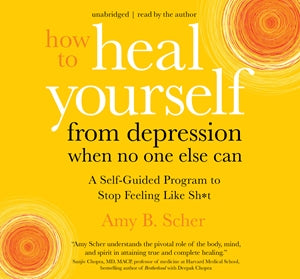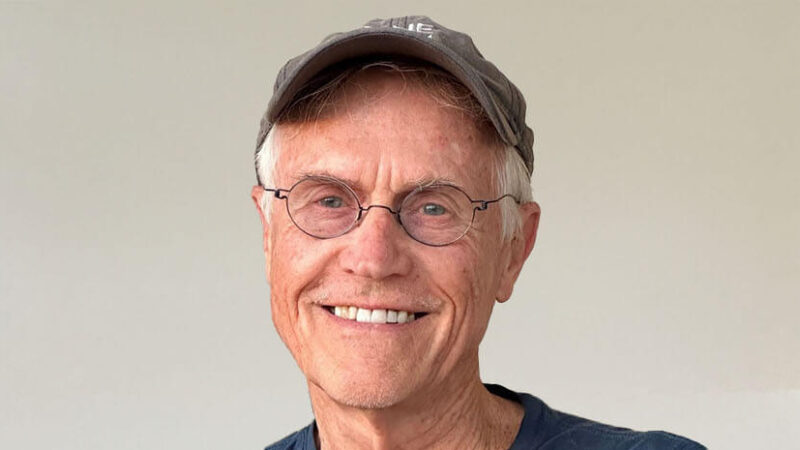Sheryl Lisa Finn: “Connection Is More Powerful Than ...
With so many valid concerns stoking fear in today’s world, it’s no wonder that more and more of us are living in a state of chronic anxiety that seems irreversible. If you’re feeling at a loss about how to reclaim your peace of mind, body, and spirit, Sheryl Lisa Finn has a life-changing suggestion: Don’t underestimate the power of connection. In this podcast, Tami Simon speaks with the author of The Healing Anxiety Workbook to share actionable insights and approaches for dissolving anxiety on the spot and experiencing inner safety and serenity (without “bypassing” the realities of our times).
Enjoy this conversation on: anxiety in a nutshell—sensing a lack of safety; reverse engineering anxiety; working with trauma at the root; when anxiety seeps back in; finding a source of goodness bigger than yourself; grief; building a foundation of connectivity that we can source into in challenging times; creativity and working with our hands; receiving support from the “wise self” within; Jungian psychology, archetypes, and dreamwork; fighting the spiritual fight in the face of systemic problems; anxiety’s hidden agenda—to serve our evolution; a practice to release the anxiety-producing stories we tell ourselves; the power of ritual and the importance of getting out of our rational minds; the practice of asking your ancestors to take your worry from you; anxiety in relationships, and how connection becomes a remedy; panic attacks; anxiety as a friend in disguise; and more.
Note: This episode originally aired on Sounds True One, where these special episodes of Insights at the Edge are available to watch live on video and with exclusive access to Q&As with our guests. Learn more at join.soundstrue.com.







